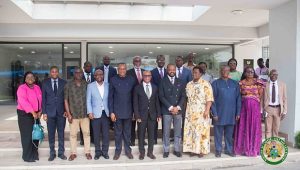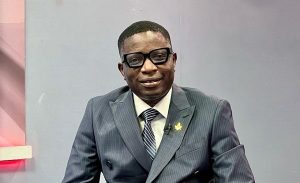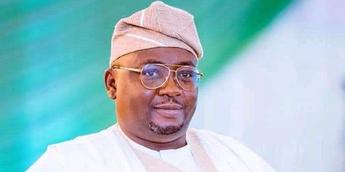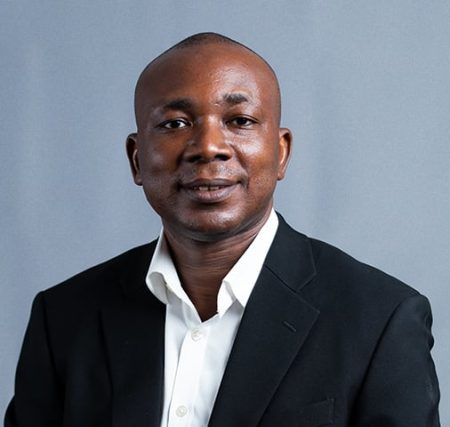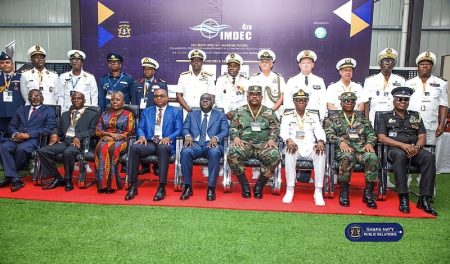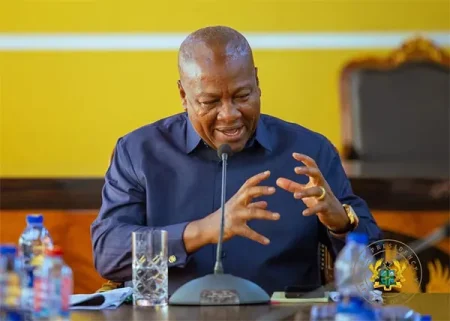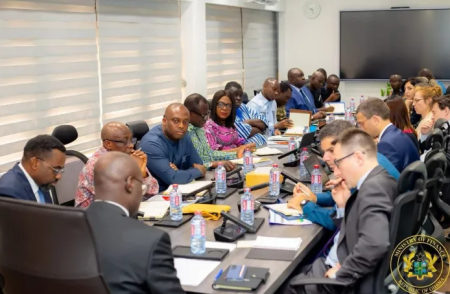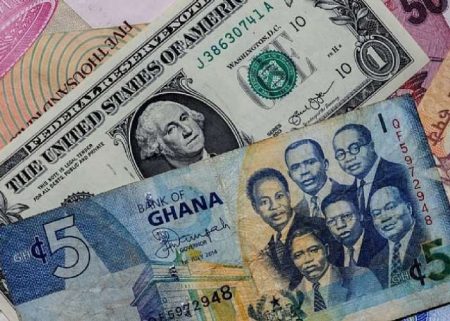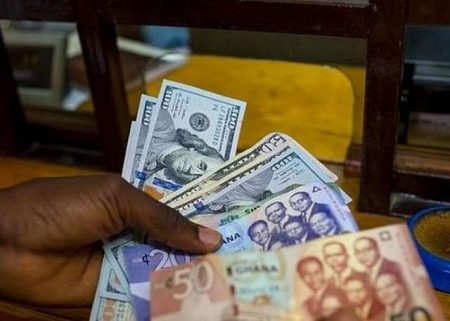The Nigerian Federal Government has reaffirmed its dedication to establishing a sustainable and financially sound power sector, recognizing its pivotal role in national economic advancement. This commitment was emphasized by Power Minister Adebayo Adelabu at the Mission 300 Stakeholders Engagement meeting in Abuja. Mission 300, an ambitious initiative aimed at electrifying 300 million unserved Africans, requires an estimated investment of $32.8 billion, with a significant portion, $15.5 billion, expected from private sector involvement. Nigeria’s participation in this initiative underscores its commitment to addressing energy poverty and fostering economic growth. The government is actively developing a plan to transition to a cost-reflective electricity market, which involves adjusting tariffs to reflect the true cost of power generation and distribution. This transition will be coupled with targeted subsidies to mitigate the impact on vulnerable segments of the population, ensuring equitable access to electricity while promoting financial viability within the sector.
The stakeholder meeting served as a platform for collaborative strategizing and partnership building, bringing together development partners, private sector entities, philanthropic organizations, government representatives, and civil society groups. Minister Adelabu emphasized the importance of collective action and innovative financing mechanisms to achieve the ambitious goals of Mission 300. He urged participants to engage in critical discussions, formulate practical solutions, and develop actionable plans to translate policy objectives into tangible improvements in the daily lives of citizens. Access to reliable electricity is essential for powering critical infrastructure such as hospitals, schools, and industries, as well as households, ultimately contributing to improved living standards and economic development. The meeting provided a crucial forum for forging partnerships and aligning efforts toward achieving universal access to electricity.
The Nigerian government has identified key priorities for power sector reform, with a primary focus on addressing liquidity challenges and implementing necessary sector reforms. One of the major obstacles facing the power sector is the substantial debt owed to power generation companies (GenCos) resulting from unpaid government subsidies, accumulating to approximately N4 trillion by December 2024. The government is actively working on resolving this debt and developing mechanisms to prevent further accrual of such obligations. This involves the transition to a fully cost-reflective tariff structure while simultaneously implementing targeted subsidies to protect economically vulnerable citizens from undue financial burden. This dual approach aims to ensure both financial sustainability within the sector and equitable access to electricity for all Nigerians.
Beyond addressing financial challenges, the government is focusing on enhancing power generation capacity, improving grid stability, and strengthening transmission and distribution infrastructure. Efforts are underway to recover idle power generation capacity and diversify the energy mix to ensure energy security. This includes incorporating cheaper and cleaner energy sources to reduce reliance on expensive and environmentally unsustainable fossil fuels. Expanding transmission infrastructure is critical for delivering increased power to end-users, while stabilizing the national grid will prevent disruptions and collapses that have plagued the system in the past. Improved coordination and management of the national grid are essential for ensuring reliable and consistent power supply throughout the country.
To enhance the viability and performance of the distribution segment, strategic programs such as the Presidential Metering Initiative and the World Bank-funded Distribution Sector Recovery Programme are being implemented. Providing consumers with accurate meters is vital for ensuring fair billing and reducing energy theft, both of which contribute to financial losses within the distribution segment. The Distribution Sector Recovery Programme aims to improve the overall operational efficiency and financial sustainability of distribution companies (DisCos), ultimately enabling them to provide more reliable and affordable electricity to consumers. These initiatives are crucial for enhancing downstream performance and ensuring that generated power effectively reaches end-users.
The Nigerian power ministry is actively promoting increased use of renewable energy sources through its rural electrification and energy transition initiatives. These efforts are targeted at providing reliable power to unserved and underserved communities, particularly in rural areas where access to electricity remains limited. The government’s commitment to expanding access to electricity is aligned with Mission 300’s broader goal of achieving universal access to electricity across Africa by 2030. Minister Adelabu expressed gratitude to various international partners, including the World Bank, the African Development Bank, the Rockefeller Foundation, the Global Energy Alliance for People and Planet, and Sustainable Energy for All, for their support of Mission 300 and their contribution to addressing energy poverty in Africa. Finance Minister Wale Edun echoed the government’s commitment to power sector reforms, emphasizing their significance in unlocking economic potential and creating job opportunities. The comprehensive approach adopted by the Nigerian government reflects a deep understanding of the multifaceted challenges within the power sector and a commitment to achieving lasting improvements in electricity access and sector performance.


